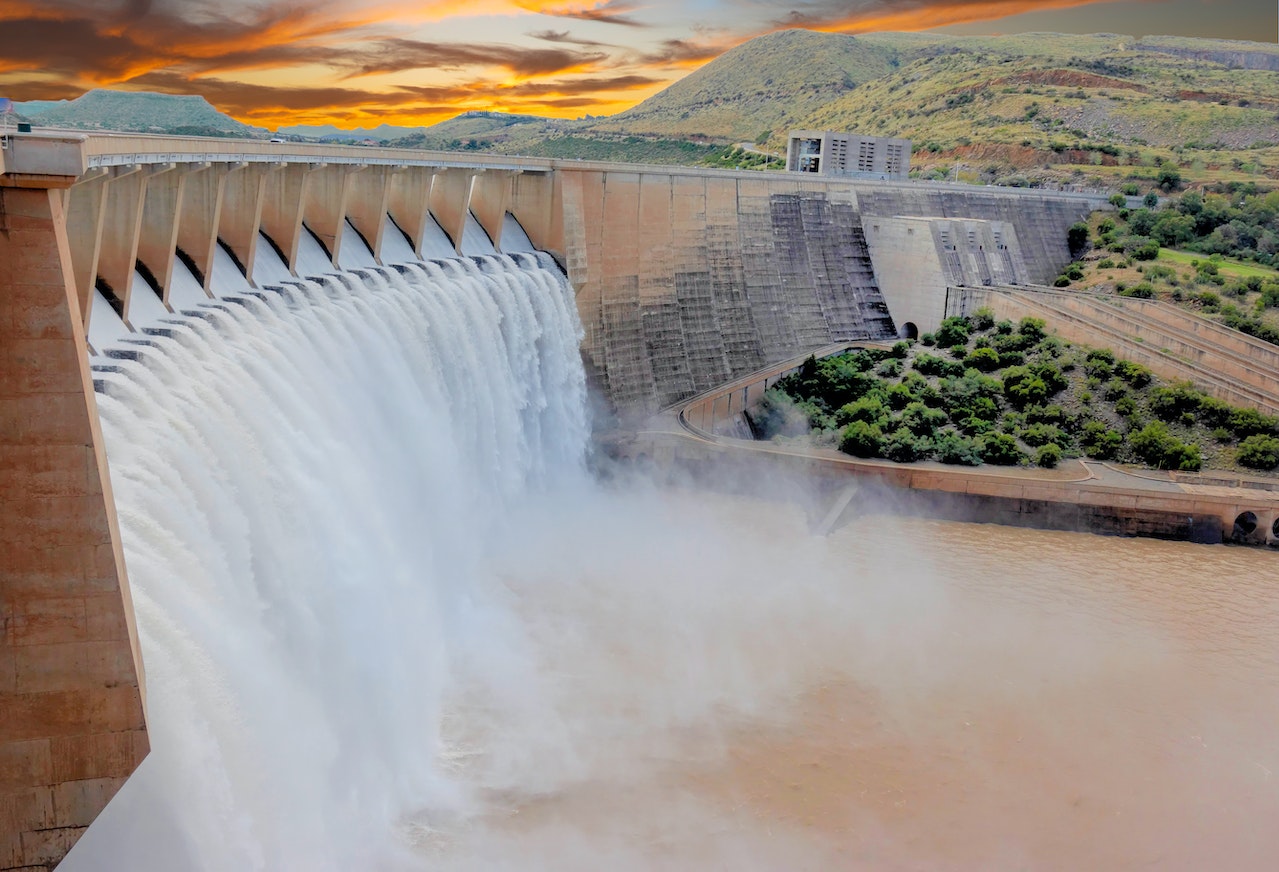
Water is an essential resource for all living organisms on our planet. However, with the increasing global population, climate change, and unsustainable practices, water resources are becoming scarce. This has made water resources management an essential practice to ensure the sustainable use of water resources.
Water resources management refers to the process of managing water in all its forms, including freshwater, groundwater, surface water, and rainwater. It involves the implementation of strategies and policies to ensure the efficient and equitable distribution of water resources for domestic, agricultural, industrial, and environmental uses. The primary goal of water resources management is to ensure the sustainable use of water resources while protecting the environment and ensuring the well-being of communities that depend on water.
In this article, we will delve into the importance of water resources management, water conservation strategies, groundwater management techniques, protecting water quality and environment, and global practices in water resources management.
Understanding the Importance of Water Resources Management
Without proper water resources management, we’re putting our planet and all its inhabitants at risk. Water is a finite resource, and as the world’s population continues to grow, the demand for water is increasing. This puts a strain on our water resources, and if we don’t manage them properly, we could face a water crisis.
Water resources management is essential for ensuring that we have enough water to meet our needs while also protecting the environment. It involves managing water sources, such as rivers, lakes, and groundwater, to ensure that they are used sustainably. This means balancing the needs of humans and the environment, so that we can continue to use water without depleting it or causing harm to the ecosystem. By managing our water resources properly, we can ensure that we have enough water for future generations and protect the planet for years to come.
Water Conservation Strategies
Implementing effective strategies for conserving our most precious natural resource is crucial for the sustainability of our planet and the well-being of future generations. Water conservation can be achieved through various strategies, including reducing water usage, capturing and reusing wastewater, and utilizing rainwater harvesting techniques.
Reducing water usage can be accomplished through simple actions, such as fixing leaky faucets, using low-flow showerheads and toilets, and turning off the tap when brushing teeth or shaving. Capturing and reusing wastewater, also known as greywater, is another effective water conservation strategy. Greywater can be collected from sources such as sinks, showers, and washing machines and utilized for non-potable purposes like irrigation or flushing toilets. Additionally, rainwater harvesting involves collecting and storing rainwater for future use, such as watering plants or cleaning. By implementing these water conservation strategies, we can help preserve our water resources and ensure their availability for generations to come.
Groundwater Management Techniques
You will need to understand the importance of properly managing groundwater to ensure its sustainability. Groundwater is an essential resource for many communities, providing drinking water and irrigation for crops. However, overuse and contamination of groundwater can lead to depletion and degradation of the resource. Therefore, it is crucial to implement effective groundwater management techniques to preserve this resource for future generations.
One technique is the implementation of groundwater monitoring systems to track water levels and quality. This can inform decision-making processes and help identify areas where water is being overused or contaminated. Additionally, implementing water conservation measures such as reducing water usage and promoting the use of drought-resistant crops can help maintain groundwater levels. By properly managing groundwater resources, we can ensure the sustainability of this vital resource and support the needs of both current and future generations.
Protecting Water Quality and Environment
If you truly care about the environment, it’s essential to ensure that the quality of our water remains protected. The protection of water quality and environment is necessary for the survival of all living organisms. Water pollution can have devastating effects on aquatic life, vegetation, and humans who rely on these resources for survival.
To protect water quality, there are several measures that can be taken. One of the most effective ways is to reduce pollutants at the source. This can be achieved by implementing stricter regulations on industries and agriculture to prevent the release of harmful chemicals and waste into water bodies. Additionally, regular monitoring and testing of water quality can help identify potential sources of pollution and enable prompt action to be taken. Overall, protecting water quality and environment is a critical aspect of water resources management that requires a concerted effort from governments, industries, and individuals alike.
Global Practices in Water Resources Management
Take a moment to imagine a world where every community prioritizes sustainable practices and works together to ensure the availability and accessibility of clean and safe water. This is the vision of global water resources management practices that are gaining popularity. These practices involve a holistic approach that integrates the management of water resources with the protection of ecosystems and the promotion of social and economic development.
One example of a successful global water resources management practice is the Integrated Water Resources Management (IWRM) framework. This framework emphasizes the importance of involving all stakeholders in the decision-making process, including government agencies, community organizations, and private sector entities. It also emphasizes the need for coordinated management of water resources across different sectors, such as agriculture, industry, and urban development. By adopting such practices, we can ensure the sustainable use of water resources for generations to come.
Frequently Asked Questions
What are the potential negative impacts of poorly managed water resources?
Poorly managed water resources can lead to drought, famine, and disease outbreaks, as well as ecological damage. It also affects the economy, especially in agriculture and industry, leading to a decline in productivity and loss of income.
What role do government policies play in water resources management?
Government policies are crucial in managing water resources. They regulate water usage, incentivize conservation, and establish guidelines for industries. Without effective policies, water scarcity and pollution can worsen, affecting ecosystems and communities.
How do water resources management practices differ between urban and rural areas?
Water resources management practices differ between urban and rural areas due to varying needs and resources. Urban areas may focus on water treatment and distribution, while rural areas prioritize conservation and sustainable use.
What are some innovative technologies being used in water resources management?
Innovative technologies used in water resources management include smart irrigation systems, water quality sensors, and water-efficient appliances. These technologies help conserve water and improve efficiency, benefiting both urban and rural areas.
How do cultural beliefs and practices affect water resources management in different regions of the world?
Cultural beliefs and practices can greatly impact water resources management in various regions. For instance, in some areas, water is considered sacred and should not be wasted, while in others, it is seen as a commodity to be exploited.
Conclusion
In conclusion, water resources management is an essential aspect of sustainable development. It involves the responsible use, protection, and conservation of water resources to meet the present and future needs of society. Water conservation strategies, groundwater management techniques, and protecting water quality and environment are some of the key components of water resources management. By adopting these practices, we can ensure that we have enough water to meet our needs, protect the environment, and support economic growth. Global practices in water resources management provide us with a wealth of knowledge and experience to draw upon, and we must continue to learn from each other to ensure a sustainable future for all.


